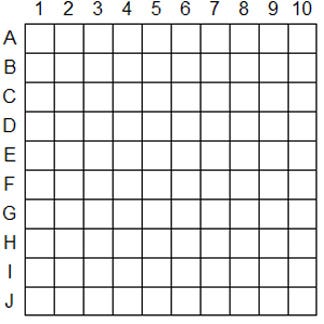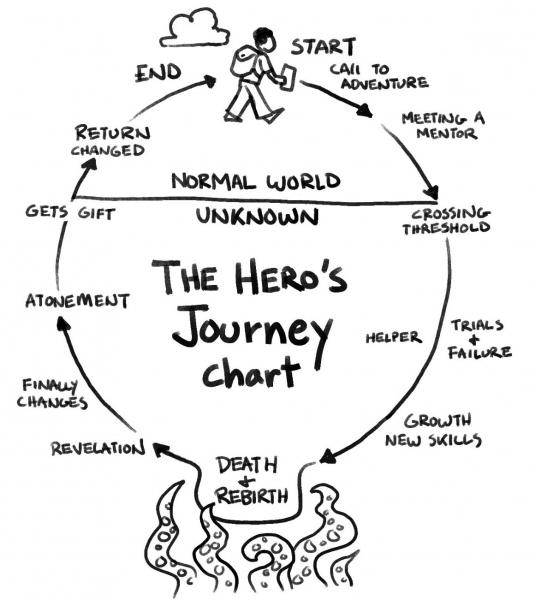Control Risk By Making Frequent Mistakes
In the game of Battleship, players launch single, blind shots at their opponent's 10 x 10 grid, which is populated with unseen ships fixed in place. Each shot reduces the number of unknown squares by one, rendering the game a linear function in its simplest form: P = T - S. Here, T stands for the total number of squares, S for the number of shots taken, and P for the percent of unknown squares remaining. Therefore, after 50 shots, P equals 100 - 50, or 50%.
Life, much like Battleship, starts with 100% luck and evolves to include increasing elements of skill. Early lucky breaks can be deceptive, leading one to mistake luck for skill, a common pitfall for lottery winners whose newfound wealth often ends in financial and relational ruin. The unique challenge of wealthy parents raising children is to keep them from conflating the opportunities and outcomes unlocked by their lucky affluence with actual skill.
The first and worst mistake for one to avoid is the failure to make mistakes. And it’s not at all intuitive that the path to less mistakes is to make more mistakes.
The more mistakes made early on, when the stakes are lower, the more one's error rate will drop over time. The term "mistakes" literally implies "missing the stakes."
Life is a continuous process of converting the unknown into the known. Each mistake eliminates previously unknown territory, akin to exploring the uncharted map in a video game.
Starting map from the video game Red Dead Redemption
It’s going to the unknown place (where you often do not want to go to, by the way) and looking for yourself. Even if you learn nothing but do not go there again your future win rate will increase, gradually at first then exponentially.
Psychologists call this the development of personal valence towards objects in your environment. Only through experience can you discern what attracts or repels you.
In neural networks, this concept is embodied in the "loss function" or "cost function," which quantifies how well the model's predictions align with target values, thereby increasing accuracy with each error.
As you age success begins to hinge on capturing consistent positive expected value from each shot you take. You have less time and therefore less total future shots, so you better hope you have already eliminated as many of the wrong squares as possible. So the more frequently you make mistakes earlier, the better, given the lower stakes compared to later in life.
In the competitive arenas of early and mid adulthood, your expected value is the difference between your mistakes and those of your competition. Success, therefore, is about consistently taking shots with a positive expected value.
In the personal arena, your expected value is the difference between the mistakes of your present self against your past self. Therefore personal success can only be defined by you.
The aim is for your hit rate to dramatically increase throughout your life as you allocate the decreasing time and shots you have remaining. The cycle concludes when you share learned wisdom with your family and community.
This is a story as old as humans have told stories. This is the biblical story of Abraham, a story of departure, transformation and return to community. This is the archetypical Hero’s Journey or Monomyth of Joseph Campbell, exemplified in classic mythology such as The Odyssey, the Epic of Gilgamesh or Siddhartha Guatama.
Youth is only wasted on the young when unknown territory goes unexplored.
Warren Buffett’s straight man, Charlie Munger, once wrote to Wesco Shareholders: “Wesco continues to try more to profit from always remembering the obvious than from grasping the esoteric. … It is remarkable how much long-term advantage people like us have gotten by trying to be consistently not stupid, instead of trying to be very intelligent. There must be some wisdom in the folk saying, 'It’s the strong swimmers who drown.'”
Everyone is going to miss, especially early in the game. The proper aim is not consecutive hits but to try and miss less then the competition.



